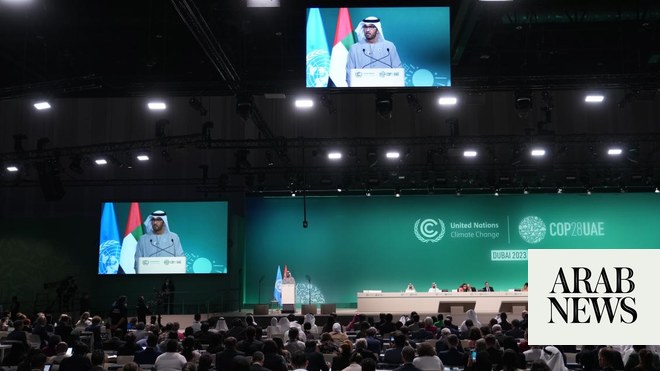
The parliamentary subcommittee in charge of studying the government’s policy statement of Prime Minister Mostafa Madbouly, will submit its final report on Thursday to Parliament Speaker Ali Abdul Aal ahead of granting it a vote of confidence.
The report will be later discussed during a plenary session on 15 July with parliamentarians after MPs decide whether they give a vote of confidence in Madboulis government.
A Parliamentary source at the subcommittee said that the final report criticized the absence of executive mechanism needed for implementing the Cabinet’s promises to decrease the level of poverty and create around 900 thousands job opportunities per year.
Several parliamentary committees have been discussing the government’s policy that was presented by the newly appointment Prime Minister, last week.
Madbouly entitled the policy of his government “Misr Tantaleq” (Egypt kicks off), in reference to the next stage that country is going to witness after the complete achievement of several development projects.
This policy includes five key pillars: national security and foreign policy, Egyptian human being building, economic development and boosting the governmental performance efficiency, increase of employment and workforce levels and enhancing citizens’ living standards.
Madbouli was sworn in as prime minister 14 June. Head of the ad hoc committee and First deputy speaker of Egypts parliament Al-Sayed Al-Sherif said the committee has finalized its report on the governments policy statement, and that it will be submitted to parliament speaker Ali Abdel-Aal Thursday.
He said the governments policy statement included five programs that could lead to tangible improvement in economic and living conditions in Egypt.
"We asked that the government presents parliament with a quarterly periodical progress report on its implementation of the five programs," Al-Sherif explained.
According to official data, about 30 million Egyptians (representing 28 percent of the total population) were living below the poverty line until 2015.
Last week, the Egyptian PM said the basic mandate entrusted by the President to the government is to work on helping impoverished classes in order to get profits from the results of the economic reform
program within two years.
He added that Egypt aims to raise the efficiency of government’s performance and access to an economic growth rate of 8%, through the provision of funding resources and improve the management of public finances of the state and the development of sectors.









